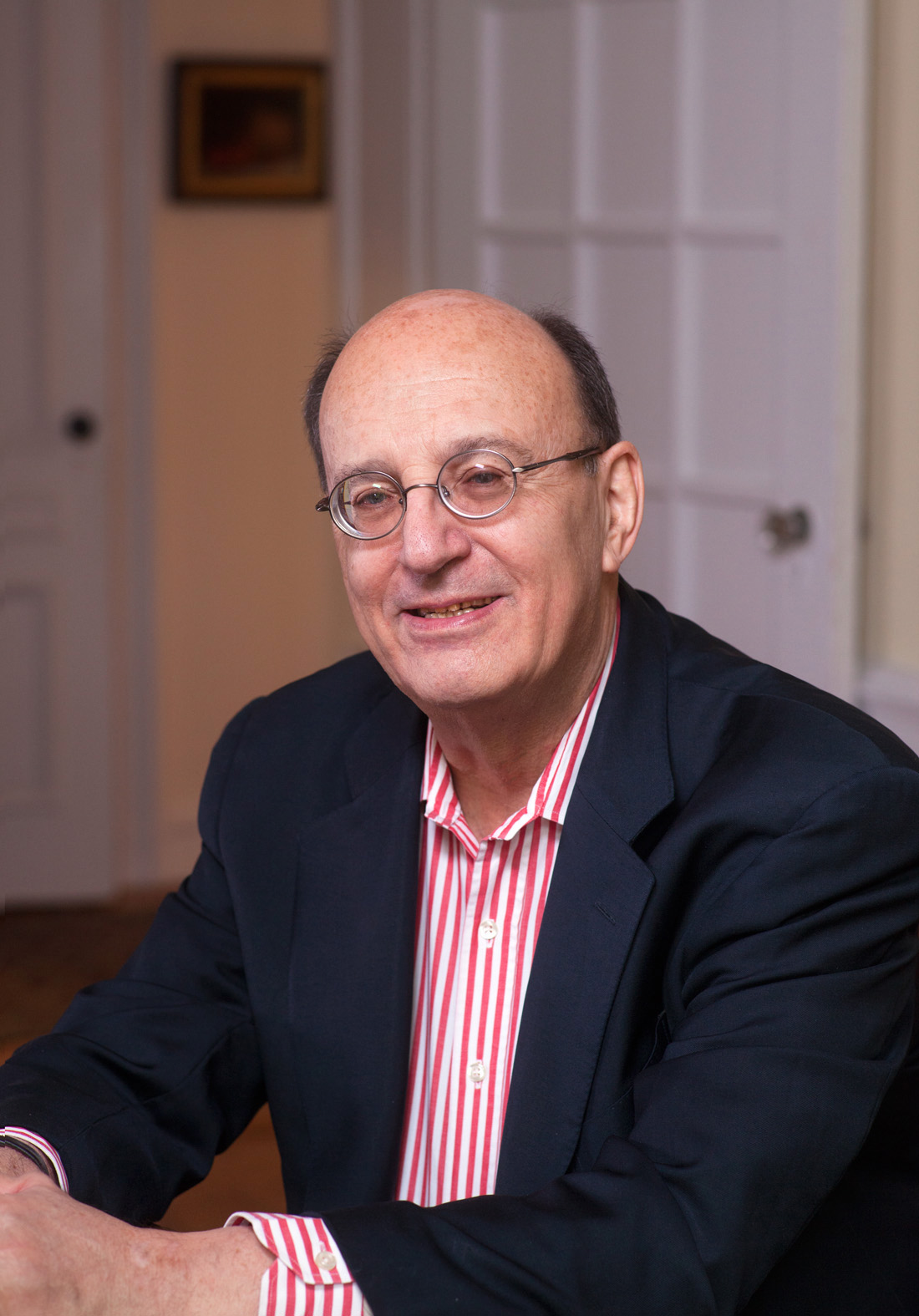Professor and journalist Walter Shapiro: Covering his 11th presidential campaign from the epicenter of a pandemic

Courtesy of Walter Shapiro
“Covid-19 will force a dramatic rethinking of the role of government,” professor Walter Shapiro writes in one of his latest articles for The New Republic from his apartment in New York City. Alongside his wife, who is also a professor, and his students, Shapiro has had to adapt his class and his other passions for the era of social distancing during the pandemic.
Professor Shapiro — a lecturer in political science at Yale — is also an award-winning journalist, writer and columnist covering his 11th presidential campaign. In the final months before the election, however, he will work from the confines of his home in the epicenter of a pandemic. Between unexpected phone calls (the retro way), safe walks and witty tweets, Professor Shapiro has been teaching his rather popular seminar, “Presidential Campaigns and the Media,” via Zoom.
“I got through 9/11 in New York by having friends. It was a time to huddle together. In 2008, it was a point where you could take refuge in anything other than worrying about the economy and where your money had gone,” Shapiro said. “The sphere of ‘I can be next’ combined with ‘Oh, where’s my money’ along with a self-quarantine is just off the charts.”
According to Shapiro, “the only real comparison” that can be made to the COVID-19 pandemic is the 1918 flu pandemic, which he wrote about. In addition to preparing for his classes via Zoom, Shapiro writes for Roll Call and The New Republic about how the virus has upended 2020 politics. His witty sense of humor, both over phone and in writing, is unmatched.
All the “old” political arguments, he says, seem “petty, small and ritualistic.” Shapiro says that “everything we have been thinking about the role of government is going to change in the next eight to 12 months,” as we see how the government can or cannot act in the wake of the crisis. It’s not the moment, Shapiro says, to hear arguments over and over — instead, he hopes that people are reminded of the “cosmic danger” that Trump presents to the U.S. More than just undermining democracy, Shapiro fears that Trump’s conduct can have a direct effect on the number of lives the virus seizes.
He has further reflected on Trump’s “ego-mad incompetence” in handling the pandemic. He believes Trump has failed the nation in dismantling the White House pandemics office in 2018, “not doing anything” to prepare for a pandemic in his presidency, spending January and February in “full denial” even though experts were warning him, believing China over health care experts, failing to provide sufficient masks, ventilators and essential hospital equipment, initially “muzzling health care experts from going public,” saying “dangerously irresponsible claims” in press briefings (from “this is all over hyped” to “miracle cures” to “vaccine in 10 minutes” to “anyone who wants to get tested can”). In short, Shapiro believes Trump has a “breathtaking record of incompetence.”
While Shapiro writes, he is witnessing the downfall of the city he loves, pouring “a lot of emotion” into his piece in Roll Call. He jokes that he and his wife have been prepared for the pandemic, as he is agoraphobic and his wife a hoarder. Other than his building courtyard, he rarely leaves his apartment. He is particularly worried about the small businesses he has always relied on like Mondel Chocolates. To help keep them in business, he has resorted to sending gift boxes of the chocolates to friends. He also jokes that his options for cereals in the morning are getting quite repetitive.
“A neighborhood is a fragile thing,” Shapiro says. “Most people don’t know the names of all the little stores but there’s a sense of continuity.” In his classes, Shapiro has modified his syllabus to meet his students’ needs and concerns, while keeping them engaged with guest speakers like Jennifer Ridder, Gov. Steve Bullock’s campaign manager.
“I’ve gotten lunch with professor Shapiro several times at his favorite spot in New Haven, Olmo,” Matthew Slabe ’20, one of his students this semester, said. “Whether it’s discussing an essay, politics or each other’s personal lives, professor Shapiro not only provides engaging conversation but is also one of the most genuine people you’ll come across. I’ve thoroughly enjoyed his class and getting to know him as a person over my final semester at Yale.”
Larissa Jimenez | larissa.jimenez@yale.edu
This story is part of a larger series profiling Yale and New Haven community members during the COVID-19 pandemic. To read more, click here.







